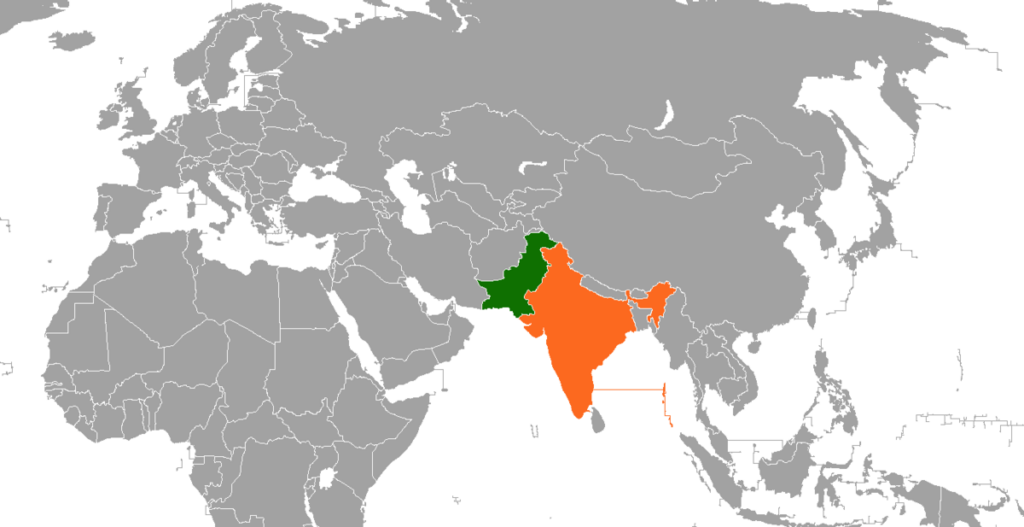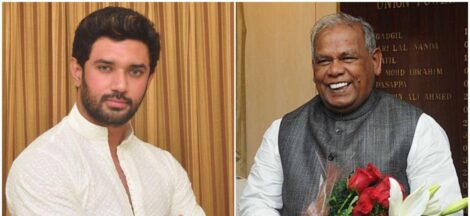The United Nations Security Council is set to hold closed-door consultations today to address the escalating tensions between India and Pakistan following the Pahalgam terror attack that claimed 26 lives. The meeting, prompted by Pakistan’s request, comes as both nations engage in a series of retaliatory measures, raising concerns over regional stability.
The Pahalgam attack, which occurred on 22 April in the Baisaran Valley of Jammu and Kashmir, targeted tourists, resulting in the deaths of 25 Hindu visitors, one Christian tourist, and a local Muslim. The Resistance Front, an offshoot of the Pakistan-based Lashkar-e-Taiba, initially claimed responsibility but later retracted its statement. India has accused Pakistan of supporting cross-border terrorism, a charge Islamabad denies.
In response to the attack, India has implemented several punitive actions. These include suspending the Indus Waters Treaty, expelling Pakistani diplomats, halting visa services for Pakistani nationals, and closing the Attari–Wagah border. Additionally, India has banned imports from Pakistan and prohibited Pakistani ships from docking at its ports.
Pakistan has countered by suspending the 1972 Shimla Agreement, closing its airspace to Indian aircraft, and expelling Indian diplomats. The nation has also warned that any attempt by India to disrupt river water flows would be considered an act of war.
The situation has led to increased military activity along the Line of Control, with reports of skirmishes and heightened alertness on both sides. Pakistan claims to have credible intelligence suggesting an imminent Indian military strike, while India maintains that its actions are in response to Pakistan’s alleged support for terrorism.
The UNSC meeting, chaired by Greece for the month of May, aims to address these developments. While the consultations are closed, the international community watches closely, urging both nations to exercise restraint and engage in dialogue to prevent further escalation.




 Security Forces Uncover Explosives Cache in Poonch
Security Forces Uncover Explosives Cache in Poonch 